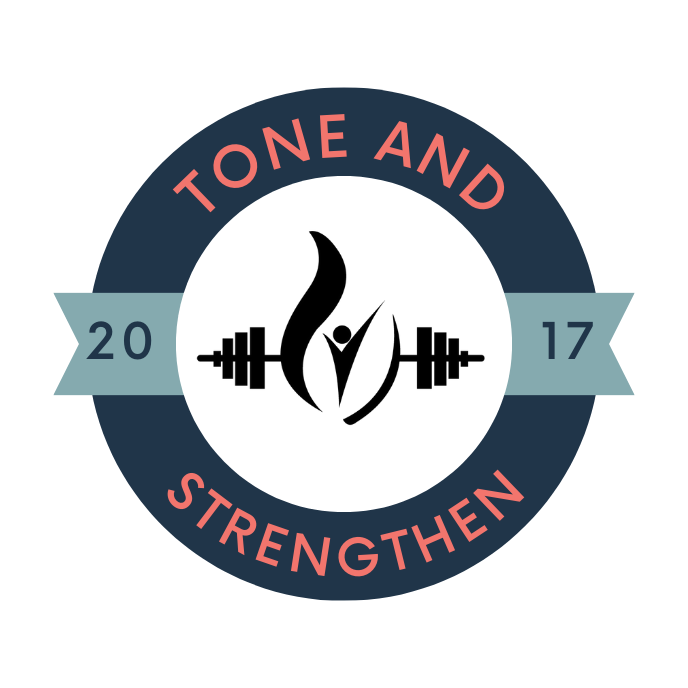
Five ways to build immunity
A strong and healthy immune response can mitigate the effects of an infection. Boosting your immune system is the key to fending off illness when you get it or maybe avoiding it all together. There is still a lot of research being conducted to understand the connection between immune response and extrinsic factors such as exercise and diet. With all the research that has taken place we understand that the whole human body and its functionary systems require harmony and balance. The best approach to maintain your immune system is to adopt a healthy lifestyle.
The immune system is large and complex and has a wide variety of functions. The primary role of the immune system is to defend people against germs and microorganisms. Our bodies are regularly exposed to challenges, such as mutated cells and invaders, such as bacteria and viruses. The immune system is spread throughout the body and involves many types of cells, organs, proteins, and tissues. Fundamentally, it distinguishes normal body tissue from alien or invader tissue.
While bolstering your immunity is easier said than done, several dietary and lifestyle changes may strengthen your body’s natural defenses and help you fight harmful pathogens or disease-causing organisms. Some of them are discussed below.
Sleep In – Yes! Lack of sleep can make you sick. Sleep deprivation is linked to a higher susceptibility to sickness. During sleep, the immune system releases proteins called cytokines, some of which help promote sleep. Cytokines are also needed to fight against infection, inflammation and ward off stress. Sleep deprivation leads to a reduction in antibodies and cells that are necessary to fight infection. In a research study, participants who slept fewer than 6 hours each night were more likely to catch a cold than those who slept 6 hours or more each night. Are you wondering how much sleep do you need? According to Mayo Clinic, adults should aim to get seven or more hours of sleep each night, while teens need 8–10 hours and younger children and infants up to 14 hours. Practice good sleep hygiene to make sure that you are getting good quality sleep. According to the sleep foundation, healthy sleep hygiene means having both a bedroom environment and daily routines that promote consistent, uninterrupted sleep. Keeping a stable sleep schedule, making your bedroom comfortable and free of disruptions, following a relaxing pre-bed routine, and building healthy habits during the day can all contribute to excellent sleep hygiene.
Consume Whole Foods – A healthy diet gives your body the essential nutrients to fight off the germs. Whole plant foods like fruits, vegetables, nuts, seeds, and legumes are rich in micro-nutrients and antioxidants. There is a wealth of evidence that suggests that what we eat matters. In a randomized control study published in the American Journal of Clinical Nutrition, one group of participants was asked to increase their consumption of fruits and vegetables to five portions per day. The second group of participants was a control group with no change to their diet. At the end of the study, the participants who ate five vegetables, saw a significant increase in nutrients critical to the immune system, such as vitamin C, lycopene, and zeaxanthin, and a significantly enhanced antibody response following vaccination. The antioxidants plants can help decrease inflammation by battling free radicals. The fiber consumed from plant foods increases your gut microbiome. A robust gut microbiome is essential for a stronger immune system.
Don’t Be Afraid of Healthy Fats – It is vital to consume healthy fats to receive positive advantages to our immune health. Healthy fats help reduce inflammation and fight infections. Many plant-based foods are rich in fatty acids, linoleic and alpha-linoleic acid, with an optimal omega-3/omega-6 ratio. Some of the examples include; hemp seeds that have a fat content of 30%, consisting of omega-3 and omega-6 fatty acids, walnuts are rich in omega-6 fatty acids with a healthy percentage of omega-3’s, one table spoon of chia seeds contain 2,282 mg of omega-3 and 752 mg of omega-6 fatty acids, dark leafy greens, spinach, arugula, and romaine hold a favorable omega-3 ratio. Beans, especially mung beans, have a very favorable ratio of omega 6 and omega 3’s; winter squashes, like butternut squash, acorn squash, and pumpkins are a superb source of omega-3 fatty acids. Eating healthy fats will provide the body with the energy and essential fatty acids to optimize immune function. So, include a source of healthy fats with meals and snacks on good fatty acid-rich foods.
Get in Moderate Exercise – It’s true exercise increases your immunity to certain illnesses. Epidemiological proof in research suggests that regular physical activity and frequent structured exercise can improve immunity. Research studies have also indicated regular exercise can enhance the vaccination response, increase T-cells, and boost the natural killer cells’ function in the immune system. Research also suggests that the rise in body temperature during and right after exercise can prevent bacteria from growing. Still, are you not sold on exercise? Research shows that frequent exercise, which reduces systemic inflammatory activity and improves aspects of immune function, also leads to alterations in an aging immune system’s classical biomarkers. Examples of exercise include 30-minutes a day of brisk walking, hiking, a dance class, and cycling. So, wherever you are, get moving now.
Reduce Stress – According to the Mayo Clinic, the stress hormone cortisol can subdue your immune system. While it might be impractical to let go of stress completely, managing stress in a healthy way is possible. Exercise is one of the most important things you can add to your daily routine to combat stress. Among all the exercise modalities, Yoga is a popular method of stress relief and exercise among all age groups. Creating some white space in your day and meditating can help with stress. Meditation lowers your heart rate and blood pressure and reduces anxiety. Watching a funny show or just laughing with friends and family is a great way to relive stress too.
Our bodies are regularly exposed to invaders and toxins like mutated cells, bacteria, and viruses. We can make changes in our lifestyle to toughen our immune system. Including exercise, consuming a healthy diet, meditating, and practicing good sleep hygiene can go a long way to protect us from illnesses and strengthen our immune system. It might seem a lot to do right off the bat but making small changes can go a long way. Keep on adding these lifestyle changes to your routine till they become a habit. Soon you will have a robust immune system to guard you against diseases.

This Post Has 0 Comments